Category: Key developments
-
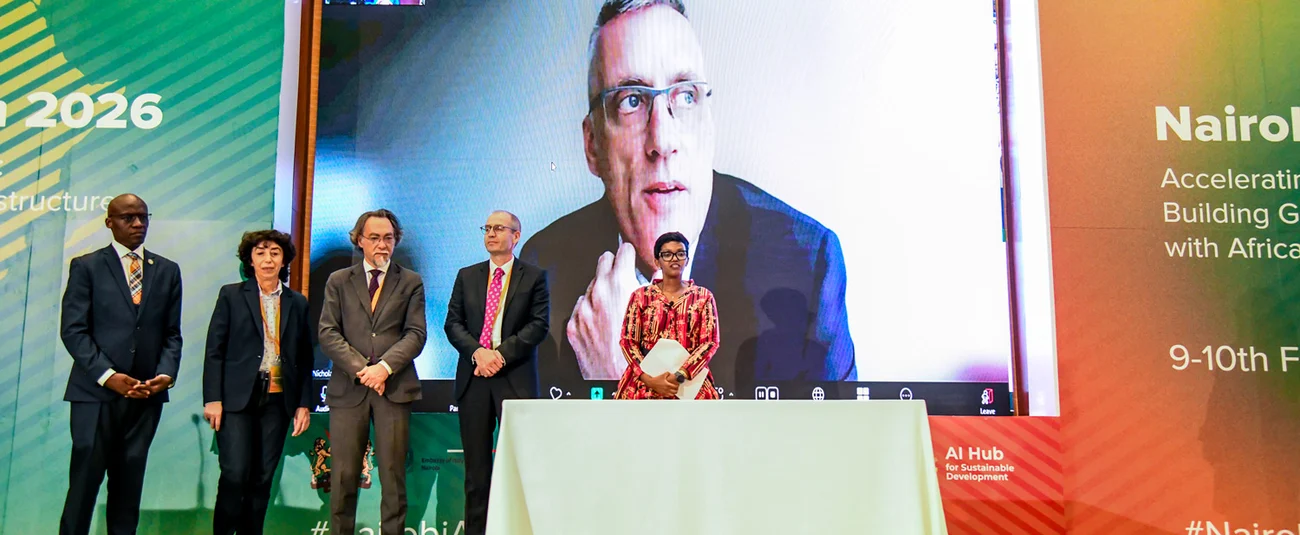
AfDB and UNDP Launch $10 Billion AI Initiative to Create 40 Million Jobs Across Africa
The African Development Bank Group (AfDB) and the United Nations Development Programme (UNDP) have announced a major new plan aimed at expanding the use of artificial intelligence (AI) across Africa to foster inclusive economic growth and create jobs.
-

Rwanda Signs Landmark AI Deal with Anthropic to Strengthen Health, Education and Public Services
The Government of Rwanda and Anthropic, a U.S.–based artificial intelligence research company, have formalised a three-year memorandum of understanding to extend the use of AI across key national systems, including health, education, and public services.
-

Skoot Launches Electric Three-Wheeler in Kenya with Battery Swapping Technology
Skoot Technology has officially introduced its Skoot e3W, an electric three-wheeler for commercial drivers in Kenya, featuring SUN Mobility’s swap-and-go battery technology and distributed locally by Car & General.
-
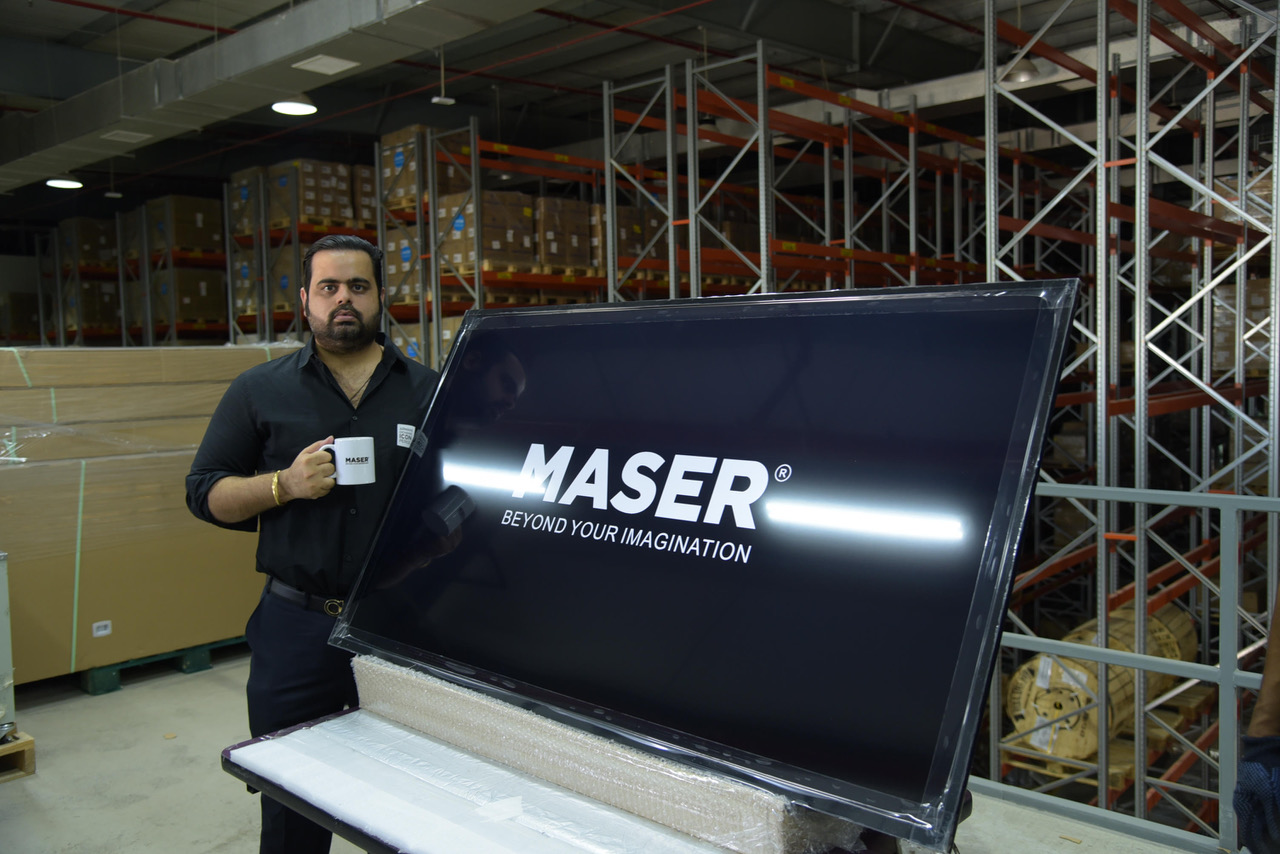
Dubai-Based Maser Group to Invest $1.6 Billion in Africa’s Data Centres and Farmland
Dubai-based manufacturer Maser Group is repositioning itself in Africa, channeling a large portion of its capital into agricultural land and digital infrastructure projects as the continent grapples with rising food import bills and a fast-growing need for data capacity.
-
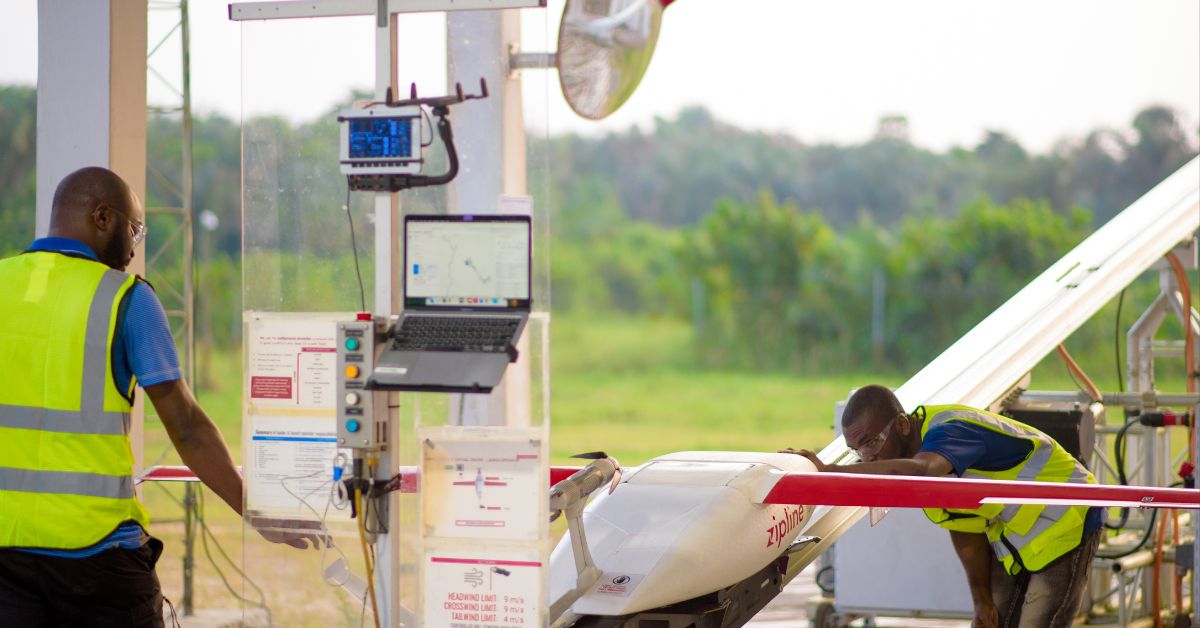
Rwanda Signs $150 Million Expansion Deal With US-Based Zipline for Nationwide Drone Medical Deliveries
Rwanda has reached a major milestone with US drone delivery firm Zipline, signing a new pact that sets the stage for nationwide autonomous medical logistics.
-

Africa Forecast to Grow by 4.0% in 2026 Amid Debt Pressure and Global Uncertainty
Africa’s economy is projected to grow by 4.0% in 2026, according to the United Nations’ World Economic Situation and Prospects 2026 report.
-
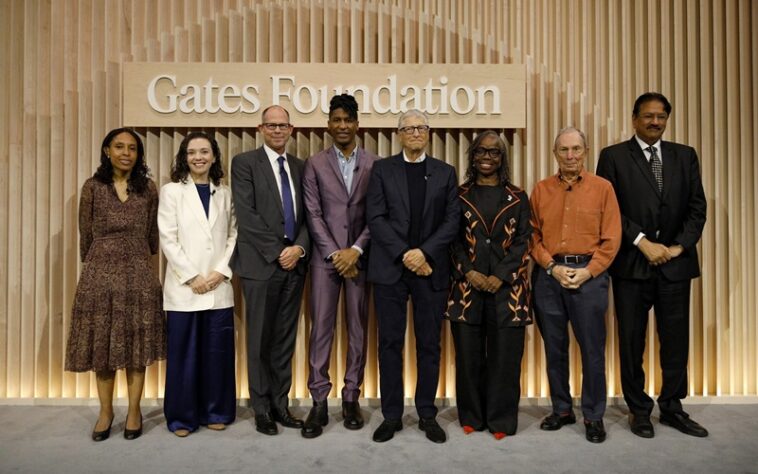
Gates Foundation and OpenAI Launch $50 Million AI Initiative to Strengthen Primary Healthcare in Africa
The Bill & Melinda Gates Foundation and OpenAI have launched a new $50 million artificial intelligence program aimed at strengthening basic health services in Africa, with initial deployment set to begin in Rwanda.
-

Nigeria Launches $2 Billion Climate Fund to Accelerate Energy Transition and Unlock Green Investment
Nigeria has placed green finance at the centre of its strategy to accelerate its energy transition, with President Bola Ahmed Tinubu unveiling plans for a $2 billion climate fund at the Abu Dhabi Sustainability Week summit.
-
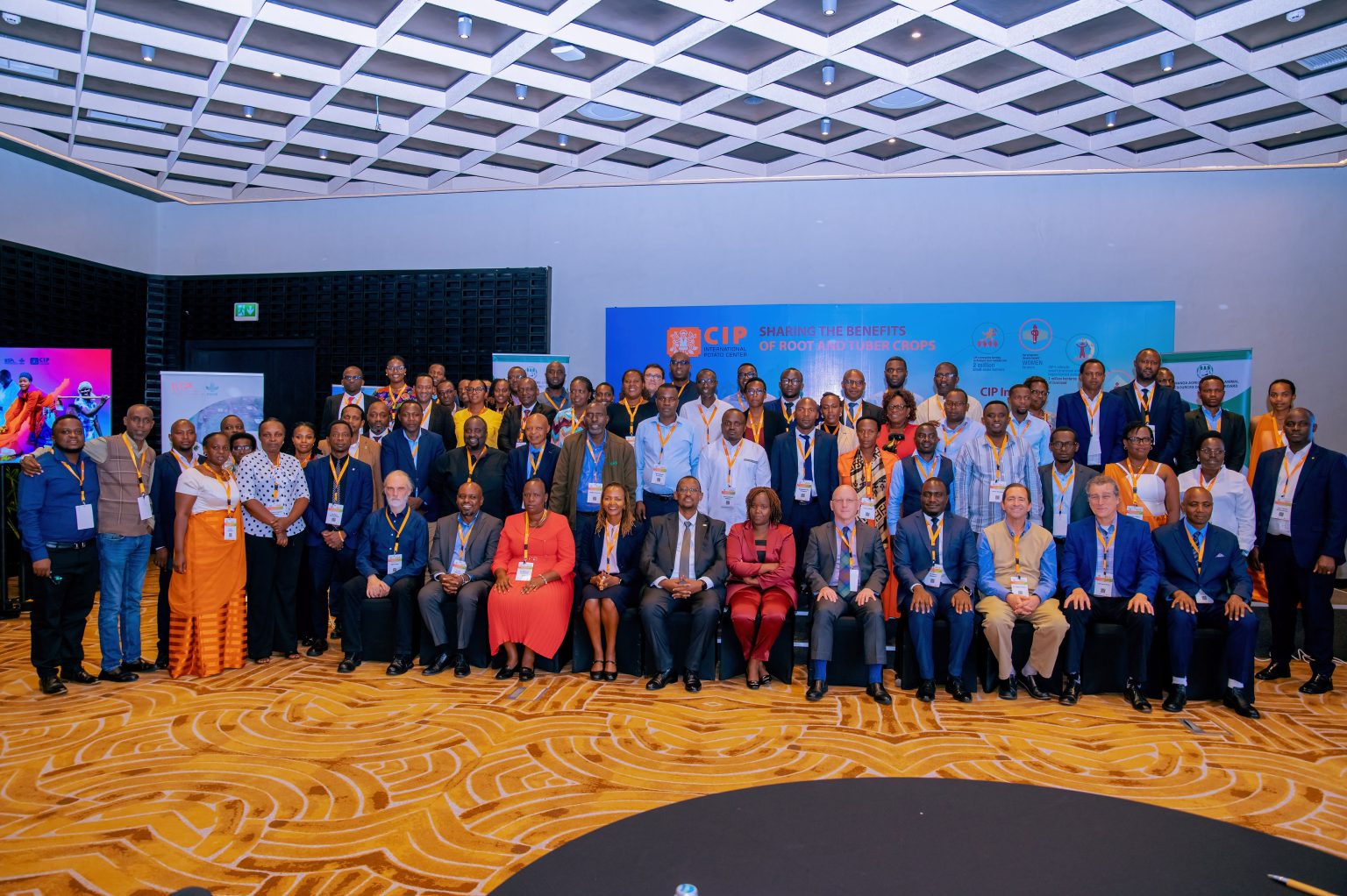
Rwanda Launches $15 Million Global Crop Biotechnology Initiative to Boost Food Security
A new five-year international initiative backed by the Bill & Melinda Gates Foundation has been launched to advance crop biotechnology and bolster food security in Rwanda.